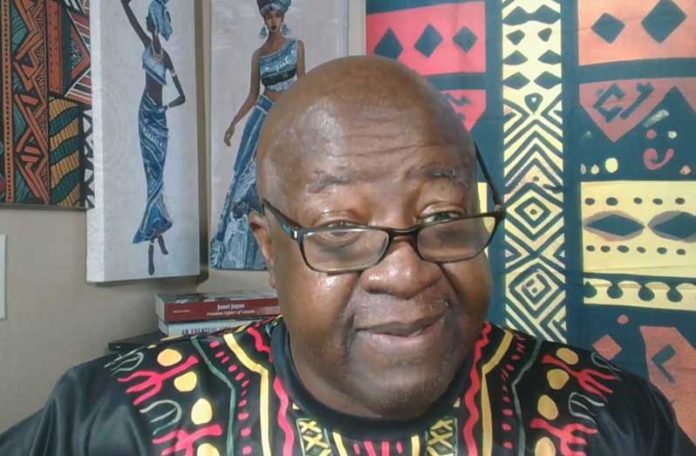The Afro-Guyanese community has once again faced harsh criticism from the opposition, particularly from David Hinds, Co-Leader of the Working People’s Alliance (WPA), for exercising their democratic right to choose their political affiliations. In an episode of his show “Politics 101,” Hinds launched a series of derogatory comments aimed at Afro-Guyanese, referring to them with terms like “lick bottoms” and “house slaves.” This is not an isolated incident, as previous WPA representatives have been noted for inciting racial tensions.
During the program, Hinds made sweeping generalizations about Afro-Guyanese, labeling them as “sell outs” and questioning their loyalty. He expressed disdain for those who support the current administration led by President Dr. Irfaan Ali, stating that they are simply “licking backside.” Instead of using the platform to foster unity, especially during Black History Month, Hinds chose to belittle a segment of the population, stating, “We’re talking to black people…to help us to bring them ‘lick bamz**’ Africans on the right side of the fence.”
Hinds’ rhetoric not only undermines the dignity of Afro-Guyanese but also challenges fundamental democratic principles such as equity and respect for all citizens. He criticized those who back President Ali, suggesting that their actions are a betrayal to black leadership, and implied that political support should be racially motivated rather than policy-driven.
In a troubling assertion, Hinds claimed that discussions about leadership in a racially diverse society must consider ethnicity, arguing that the conversation would differ if the population were predominantly black. He suggested that despite positive outcomes for Afro-Guyanese under the current government, they remain neglected, reinforcing a narrative of division rather than progress.
The opposition’s stance raises concerns about the implications for those Afro-Guyanese who do not align with their views, with Hinds threatening repercussions for individuals labeled as “lick bottoms.” This echoes a broader pattern of divisive rhetoric within the WPA, as seen earlier this year when another executive member, Tacuma Ogunseye, was charged with inciting racial hostility. Ogunseye had made inflammatory remarks at a public meeting, suggesting violent action against the state and calling for a day of “National Resistance” coinciding with the Local Government Elections.
Such rhetoric from the WPA not only threatens social cohesion but also poses significant challenges to the democratic fabric of Guyana, as it promotes division rather than dialogue among its diverse populace.


